Understanding Data Science, Data Analytics, and Data Engineering
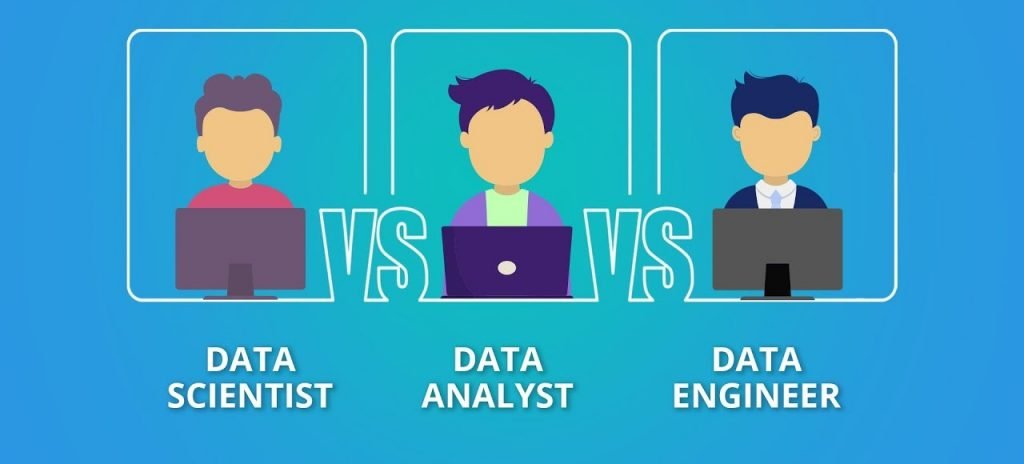
Why Data Science is in Trend Now
In recent years, data has become the new oil—a valuable resource that drives decision-making in almost every industry. With the explosion of digital information, organizations are keen to leverage data to gain insights, improve operations, and drive innovation. This is where data science comes in, a field that encompasses data analytics and data engineering to extract meaningful insights from data. Understanding these domains can open up numerous career opportunities and help you make impactful contributions to various fields.
What is Data Science?
Data Science is an interdisciplinary field that uses scientific methods, algorithms, and systems to extract knowledge and insights from structured and unstructured data. It involves a combination of skills from computer science, statistics, mathematics, and domain expertise.
Key Responsibilities:
- Transforming and cleaning large data sets
- Applying techniques like clustering and neural networks for insights
- Analyzing data to identify trends
- Developing machine learning algorithms
- Creating data models to forecast outcomes
Important Skills:
- Expertise in SAS, R, and Python
- Knowledge of machine learning and advanced mathematics
- Experience with big data tools
- Understanding of API development and operations
- Strong decision-making and problem-solving abilities
Example: Imagine a retail company wants to understand customer behavior to boost sales. A data scientist might analyze purchase history, browsing patterns, and demographic data to predict future buying trends and recommend personalized products to customers.
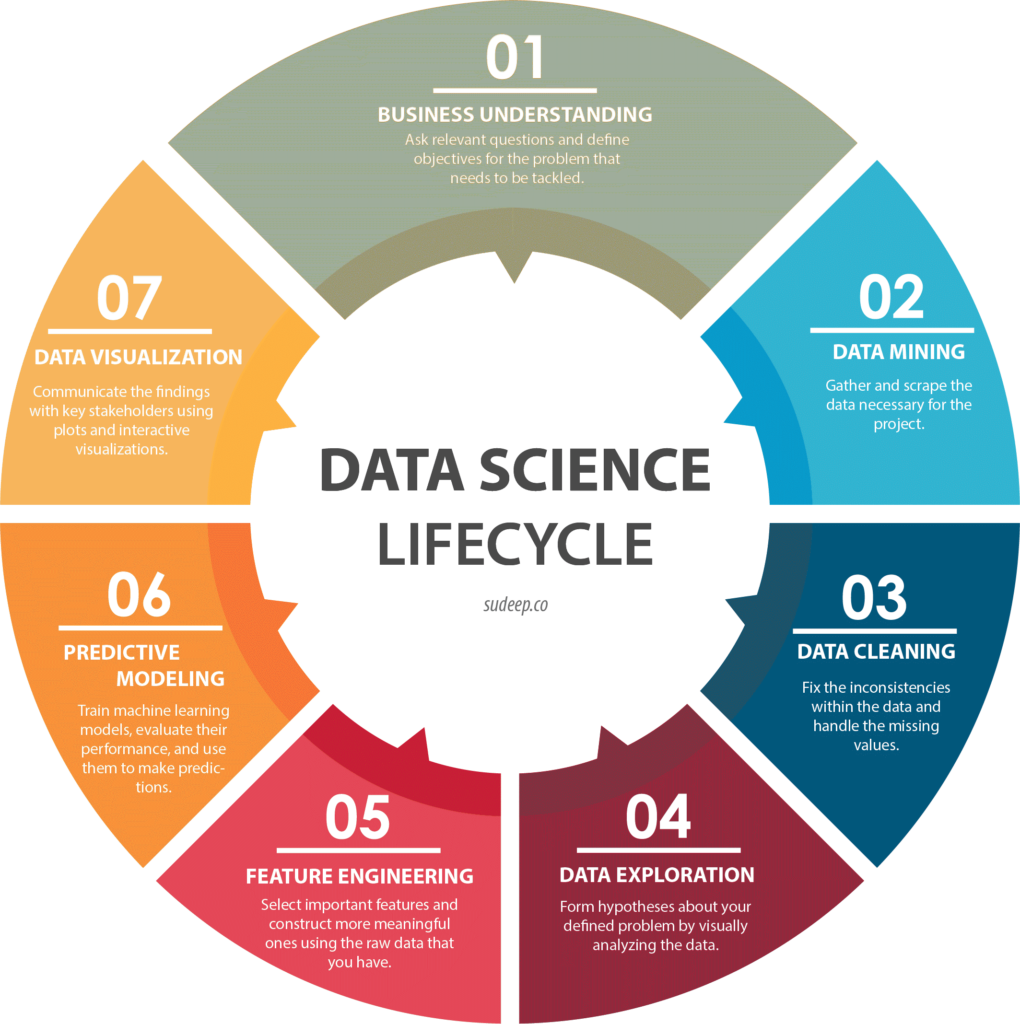
What is Data Analytics?
Data Analytics is a subset of data science focused on examining raw data to find trends, answer questions, and derive actionable insights. It primarily involves descriptive and diagnostic analysis to interpret historical data.
Key Responsibilities:
- Collecting and interpreting data
- Analyzing results using statistical techniques
- Developing and implementing data analyses and data collection systems
- Reporting results back to stakeholders
- Identifying patterns and trends in data
- Creating visualizations and dashboards
Important Skills:
- Proficiency in SQL, Excel, and data visualization tools like Tableau or Power BI
- Strong analytical and statistical skills
- Ability to communicate findings effectively
- Knowledge of data warehousing and business intelligence
- Attention to detail and problem-solving abilities
Example: A sports team might use data analytics to review past games, identify the strengths and weaknesses of their players, and develop strategies for future matches. By analyzing player performance data, they can make informed decisions on training and game plans.
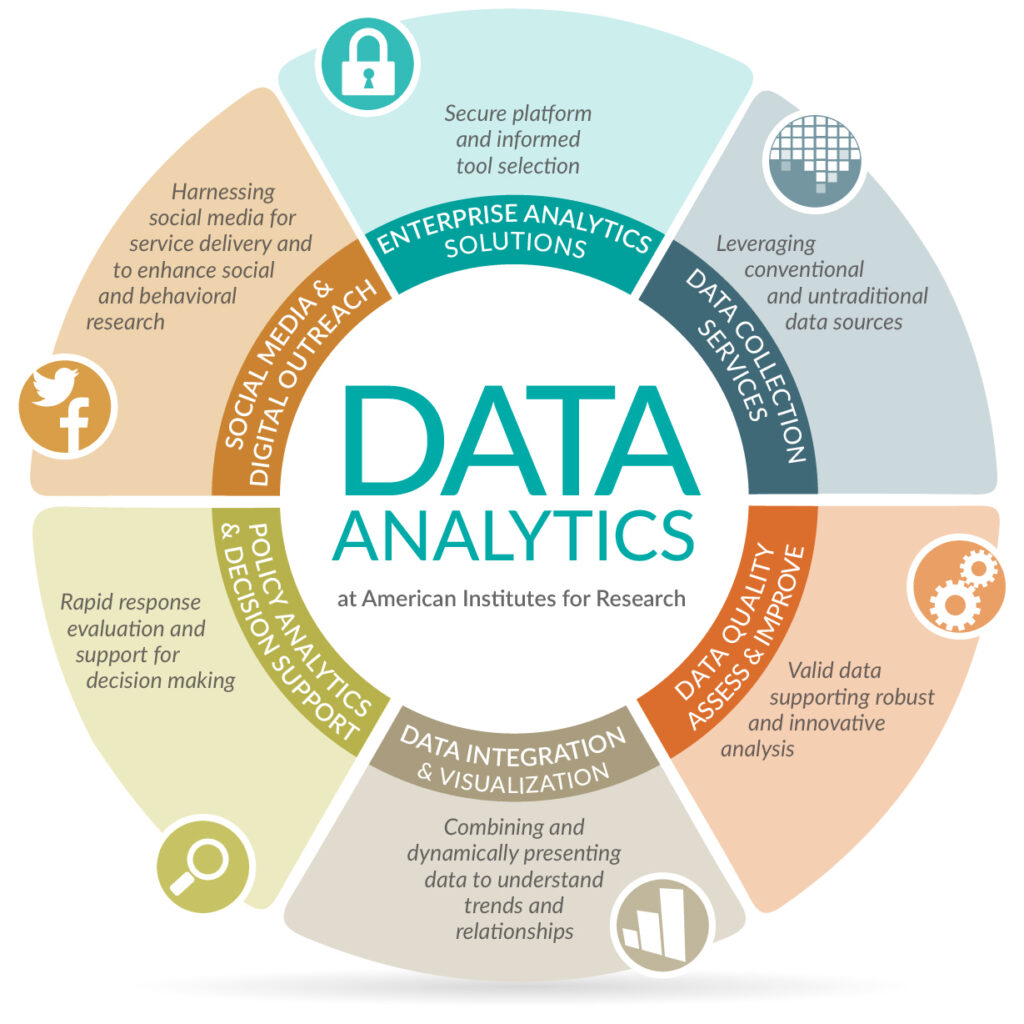
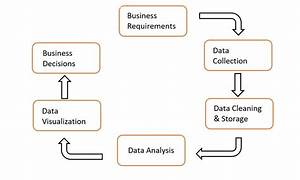
What is Data Engineering?
Data Engineering involves designing, constructing, and maintaining the architecture (such as databases and large-scale processing systems) that allows data to be collected, stored, and analyzed. Data engineers ensure that data flows smoothly from various sources to data scientists and analysts for processing and analysis.
Key Responsibilities:
- Managing data pipeline orchestration
- Building and maintaining data platforms
- Leading custom data integration efforts
- Optimizing data warehouse performance
- Developing processes for data modeling and generation
- Standardizing data management practices
Important Skills:
- Expertise in SQL
- Ability to work with both structured and unstructured data
- Knowledge of programming and algorithms
- Experience with engineering and testing tools
- Strong problem-solving abilities
Example: Consider a streaming service like Netflix. Data engineers are responsible for building and managing the data pipelines that collect data from millions of users. This data is then processed and stored in a way that data scientists can analyze it to recommend shows and movies to users based on their viewing history.
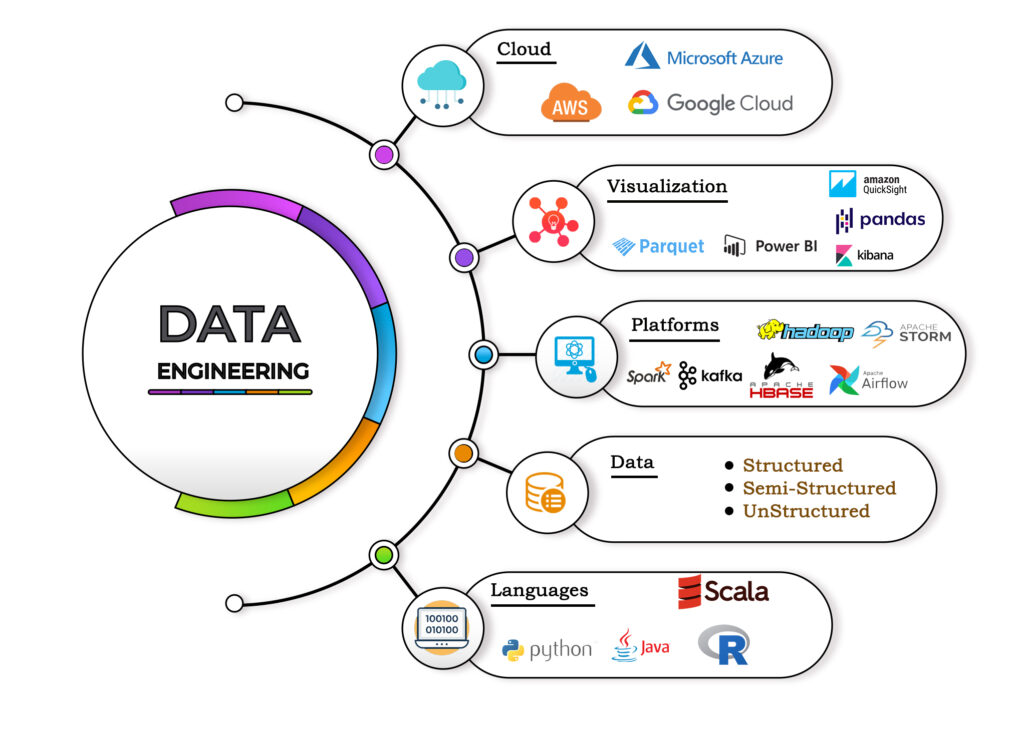
The Relationship Between Data Science, Data Analytics, and Data Engineering
- Data Engineers build the infrastructure for data generation.
- Data Analysts interpret data to generate actionable insights.
- Data Scientists use these insights to create predictive models and solve complex problems.
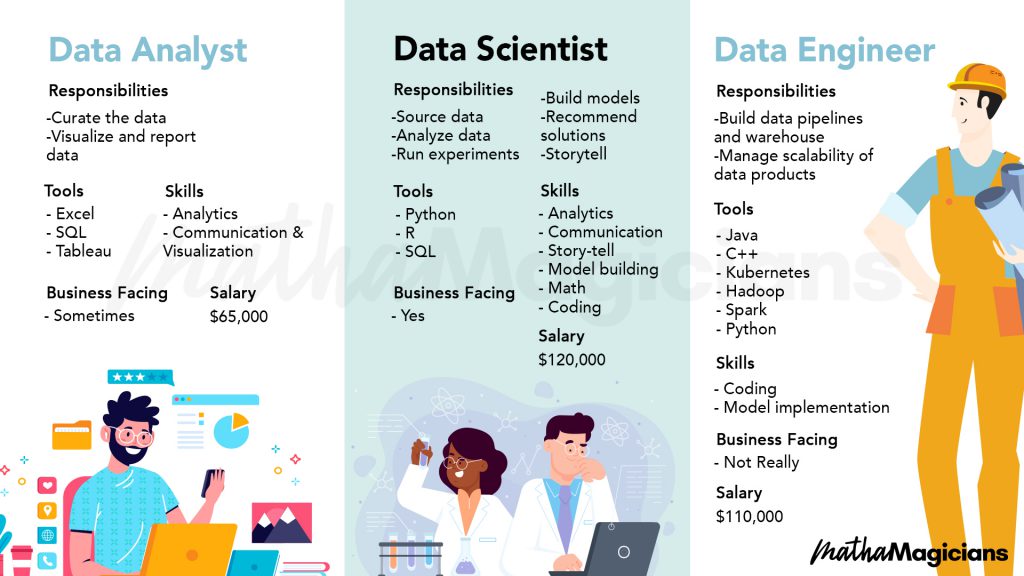
Why Should Students Care About These Fields?
- High Demand for Skilled Professionals: Companies across various sectors are looking for skilled data professionals to help them make data-driven decisions.
- Diverse Career Opportunities: There are numerous roles such as data analyst, data scientist, and data engineer, each with unique responsibilities and skill sets.
- Impactful Work: Data professionals work on real-world problems that can significantly impact businesses, healthcare, finance, and more.
Real-World Applications
- Healthcare: Predicting disease outbreaks, improving patient care, and personalizing treatment plans.
- Finance: Detecting fraudulent transactions, assessing credit risks, and optimizing investment strategies.
- Marketing: Personalizing marketing campaigns, understanding customer preferences, and optimizing advertising efforts.
Conclusion
Data science, data analytics, and data engineering are pivotal in today’s data-driven world. Understanding these fields can open up a multitude of opportunities and enable you to contribute to solving some of the most pressing problems across various industries. Whether you’re interested in building the systems that handle data, analyzing data to uncover insights, or applying these insights to create innovative solutions, there’s a place for you in the world of data.
By diving into these fields, you can be at the forefront of the data revolution, making significant contributions and driving progress in numerous areas.

